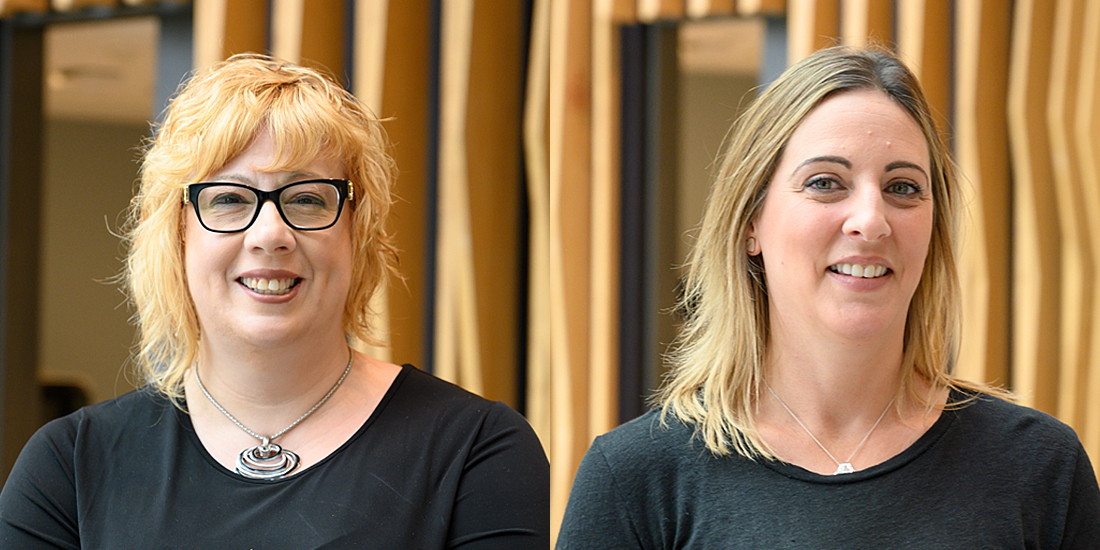
Professor Sue Cotton and Dr Kate Filia were today recognised by the Mental Health Service (TheMHS) Learning Network for their excellence in research in youth mental health and mental health services.
Professor Cotton, head of health services and outcomes research at Orygen, was awarded the Tom Trauer award for excellence in mental health service research, particularly in services provided to young people.
Professor Cotton’s research program encompasses work in first episode psychosis, early stages of bipolar disorder, primary mental health services, outcome measurement and the impact of serious mental illness on caregivers.
Professor Cotton said she was honoured to receive the Tom Trauer Evaluation and Research Award. “My work is focused on getting a better understanding of the trajectory of mental illness and when and how to intervene,” Professor Cotton said.
“By researching and refining our outcome measures, we can better understand illness trajectory and impacts that are both meaningful to young people and their families.”
Orygen Research Fellow Dr Kate Filia, has been awarded TheMHS Early Career Research in Mental Health Award for Excellence for her work in developing a novel measure of social inclusion - the Filia Social Inclusion Measure (F-SIM).
Dr Filia said having her work recognised through the award was a fantastic honour and highlighted the increasing understanding of how important it is to address social inclusion for people with mental ill-health.
“The F-SIM is the first measure to be developed with both a strong theoretical input and significant involvement from people with a lived experience of mental ill-health,” Dr Filia said.
“Having a brief, self-report measure available to use in clinical and research settings will be an invaluable resource, to ensure we can monitor changes clinically and evaluate the effectiveness of novel interventions.”